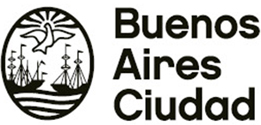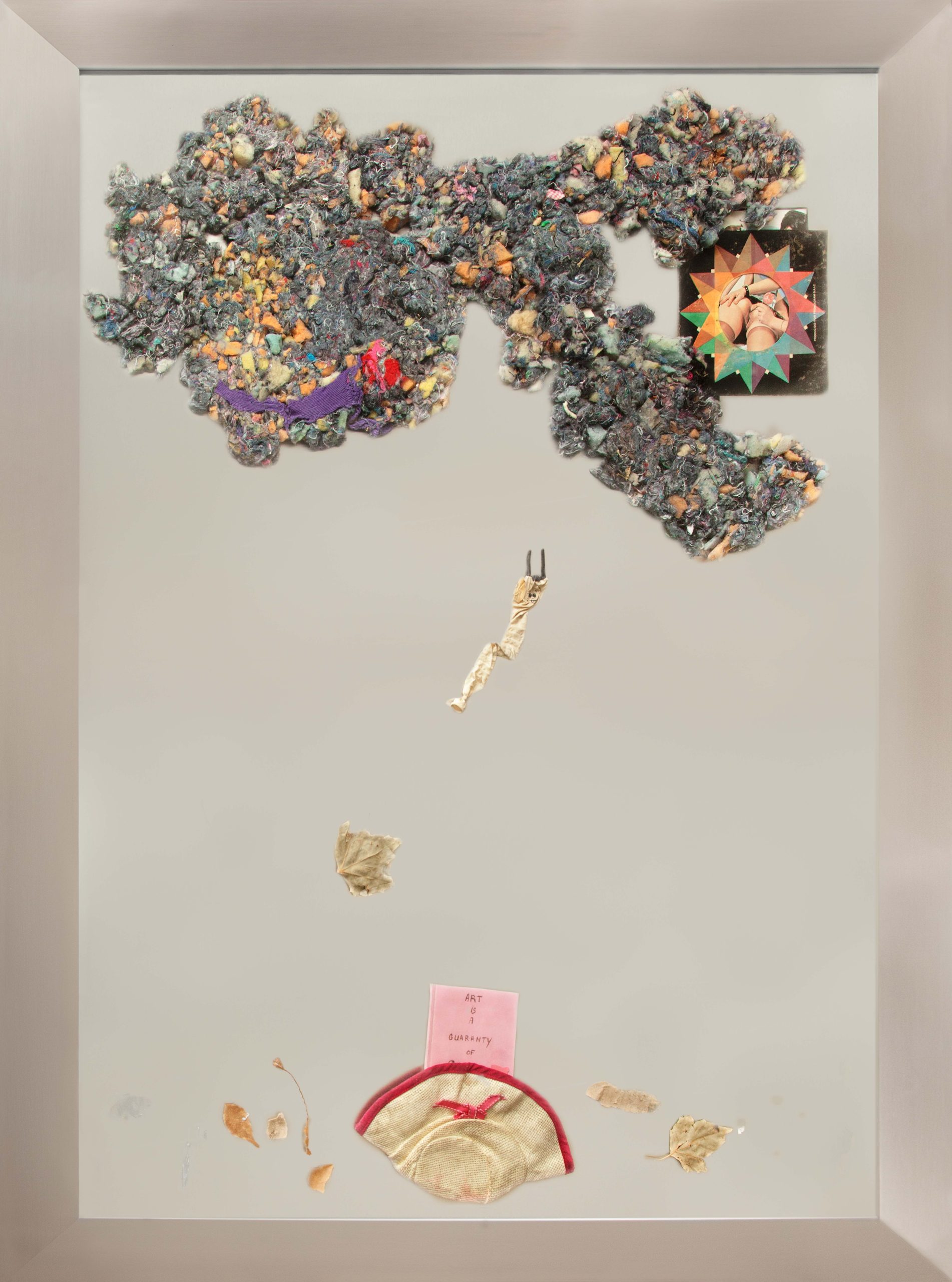Interpreting them consecutively, the individual exhibitions from Martín Legón have been unfolding visual analytical essays for more than fifteen years. In this respect, Árboles profundamente artificiales may be understood as a cubist installation, where its subject of study—Argentine society and its current possibilities—is broken down into different planes to deliver its many faces simultaneously.
The exhibition expands as a long poem, internal intersections and ritornellos coming and going, rhymes and alterations repeating and revealing the complexity of their meaning as the visitor advances in the room.
Appealing to modernism as a utopian possibility, it is nourished by a playful and critical spirit, accompanying each series. By using video and photographs as ethodological tools, Legón is able to utilize brief approaches, reflections around the schizophrenia inherent to the capital and its discursive position set up by mass media, an arboreous statement, almost lacking a center, used to reintroduce the forever promising footnotes of the collage (that which by law
should not be mixed) and its political disruption.
Because if it is true that, as Ballard once said, advertising hijacks the world (and let us remember that for him politics was nothing but one of its branches), it is left for art to hijack advertising and make it reflect its unseen face, the power of showing the hidden side of its moon.


 Legón Martin
Legón Martin